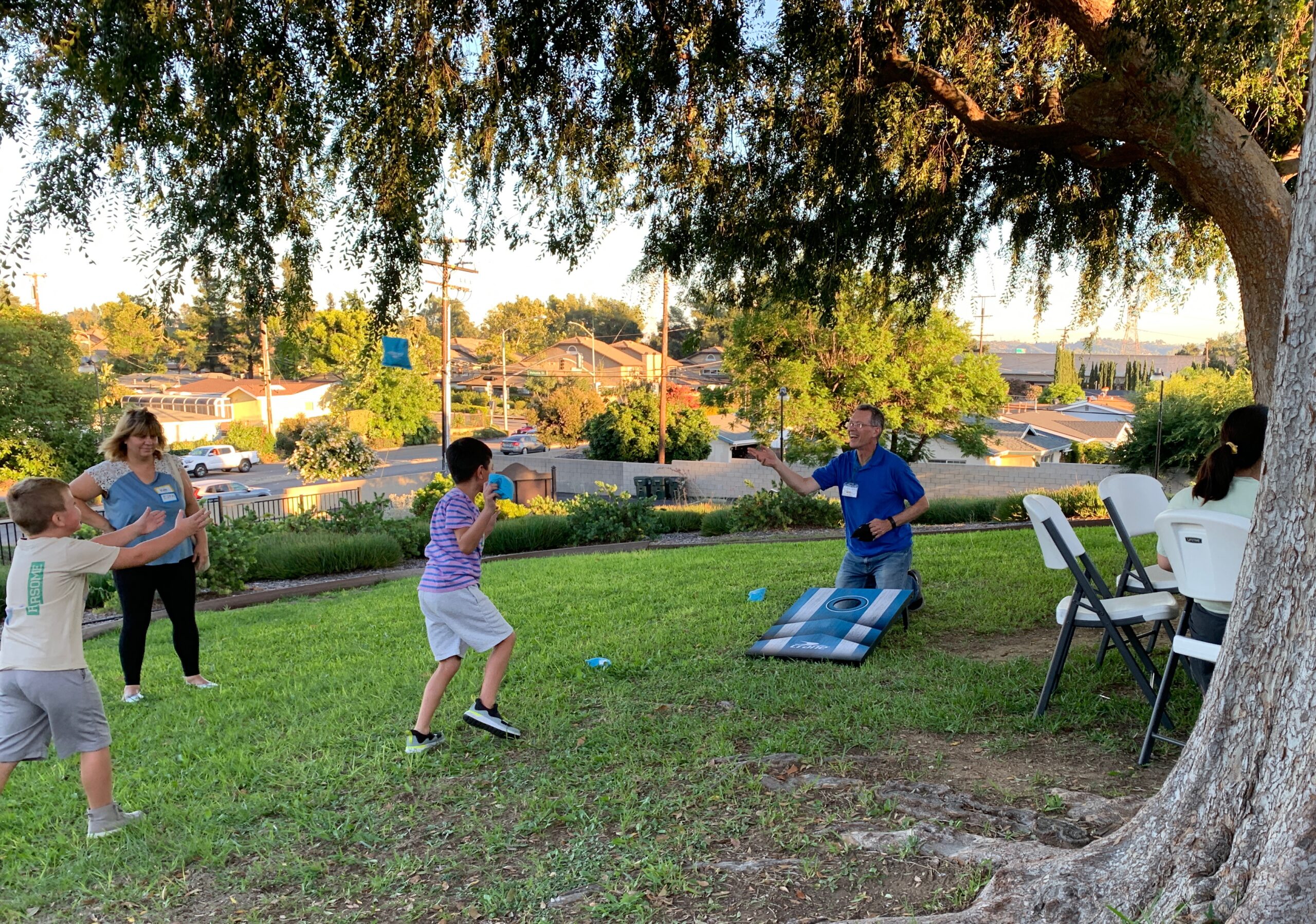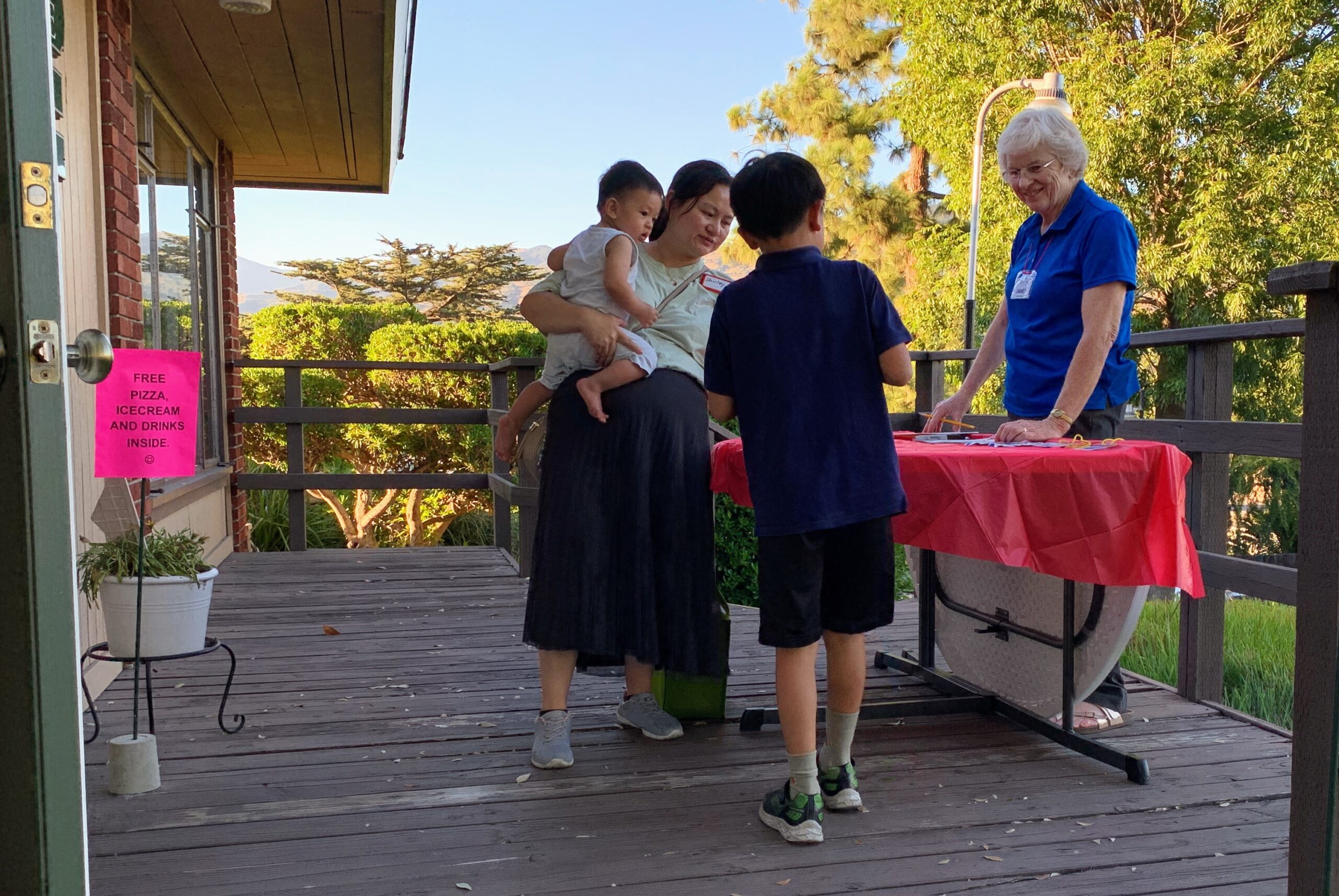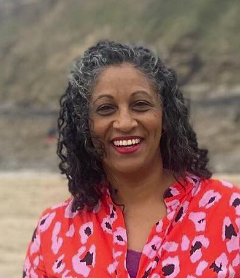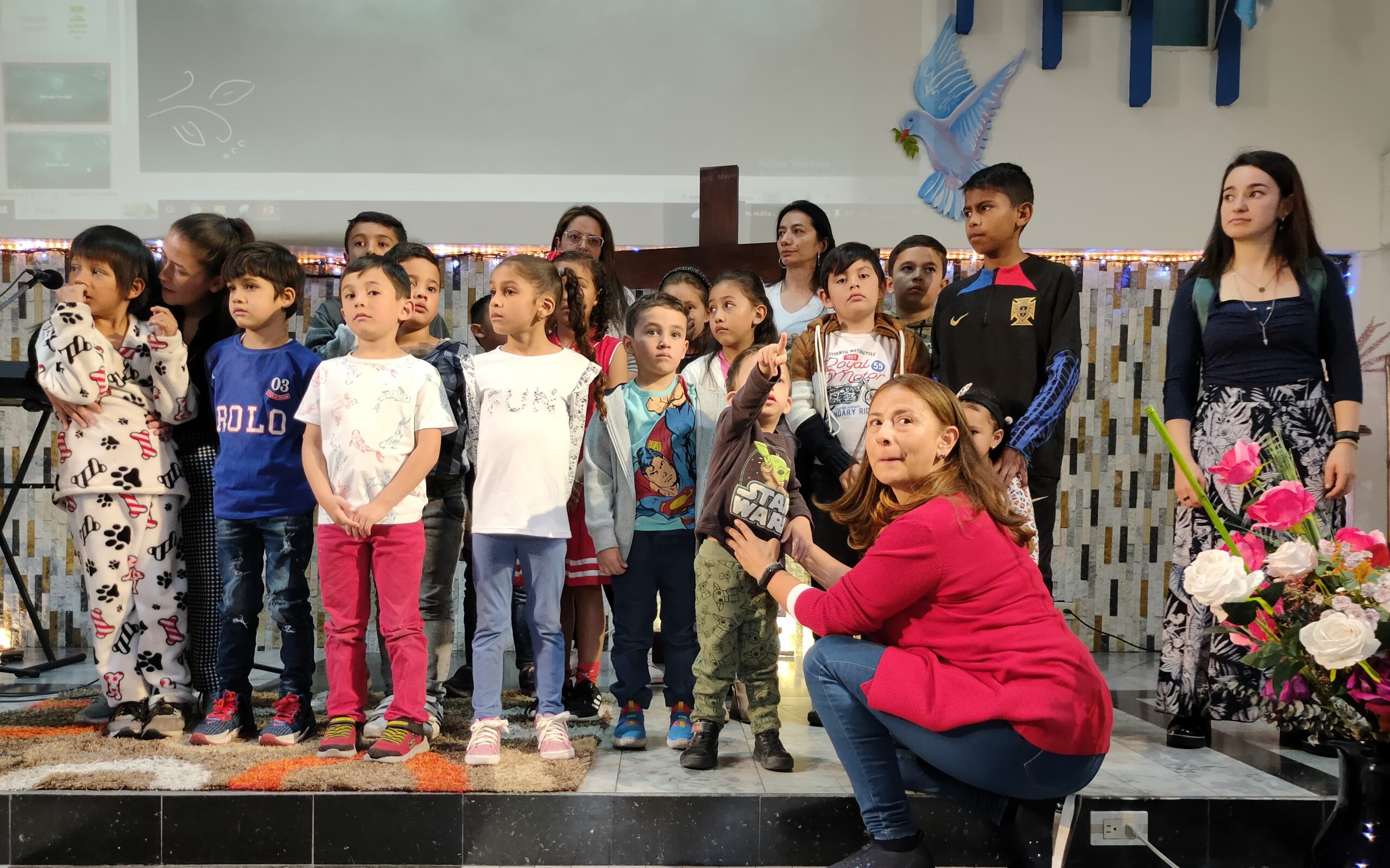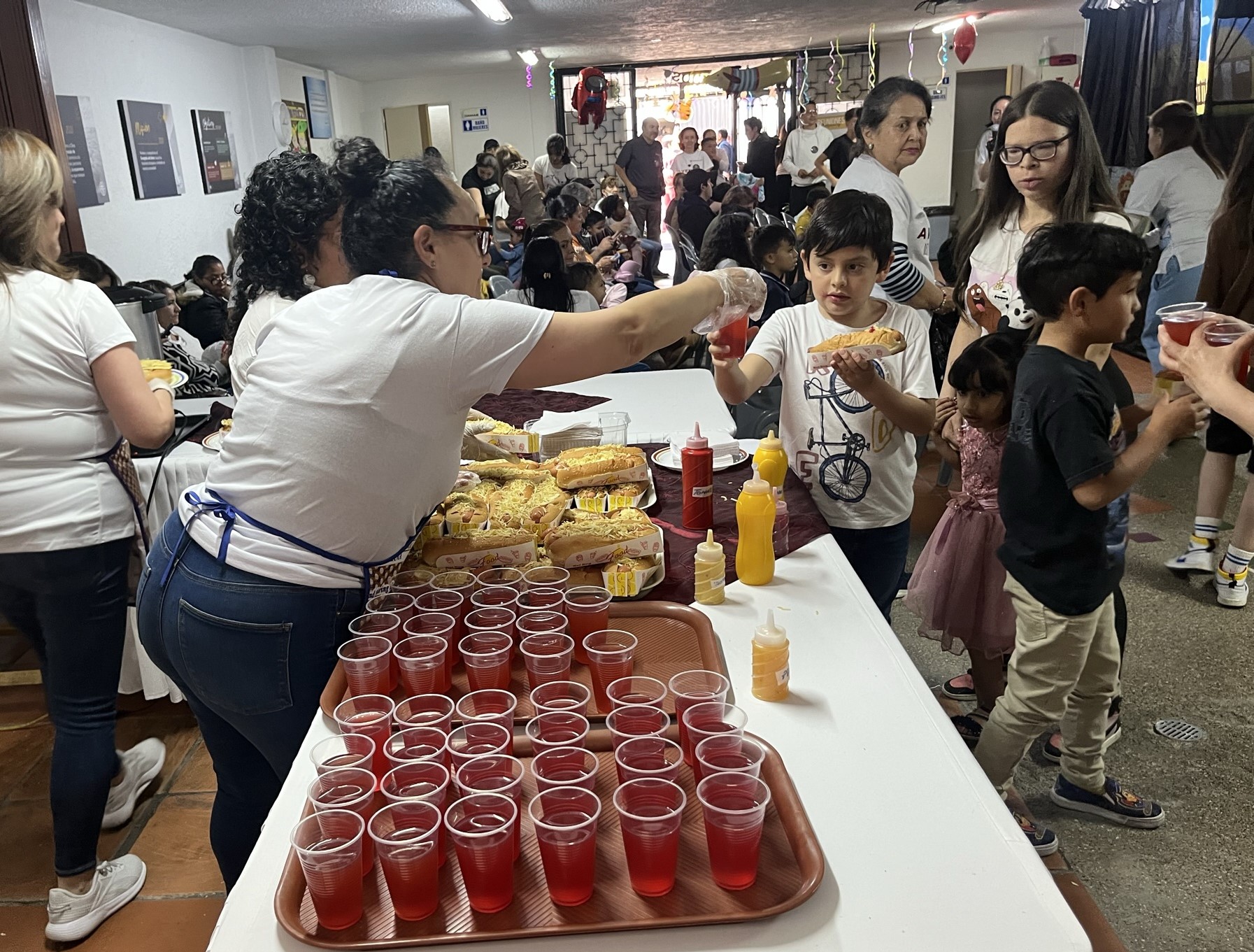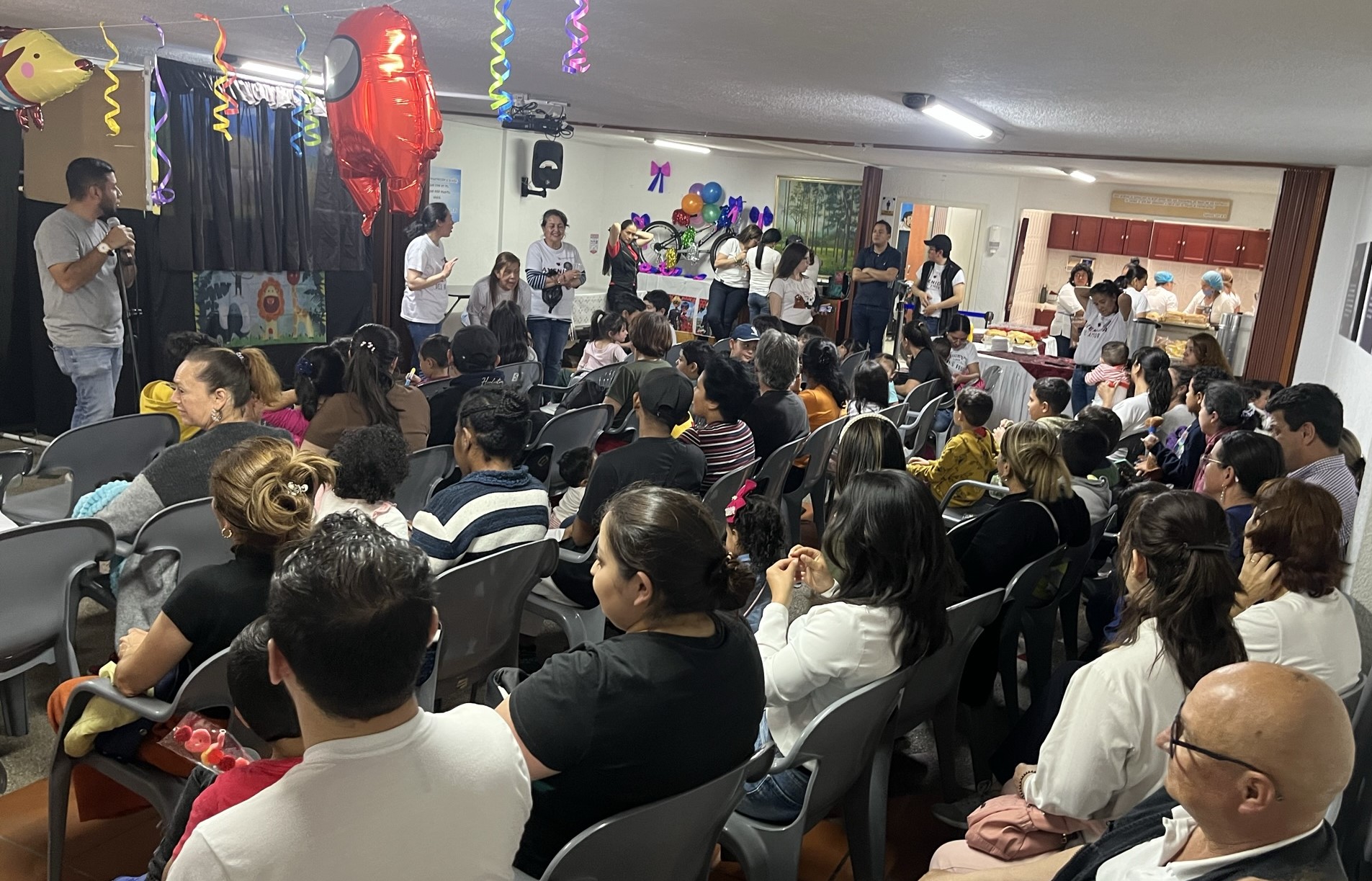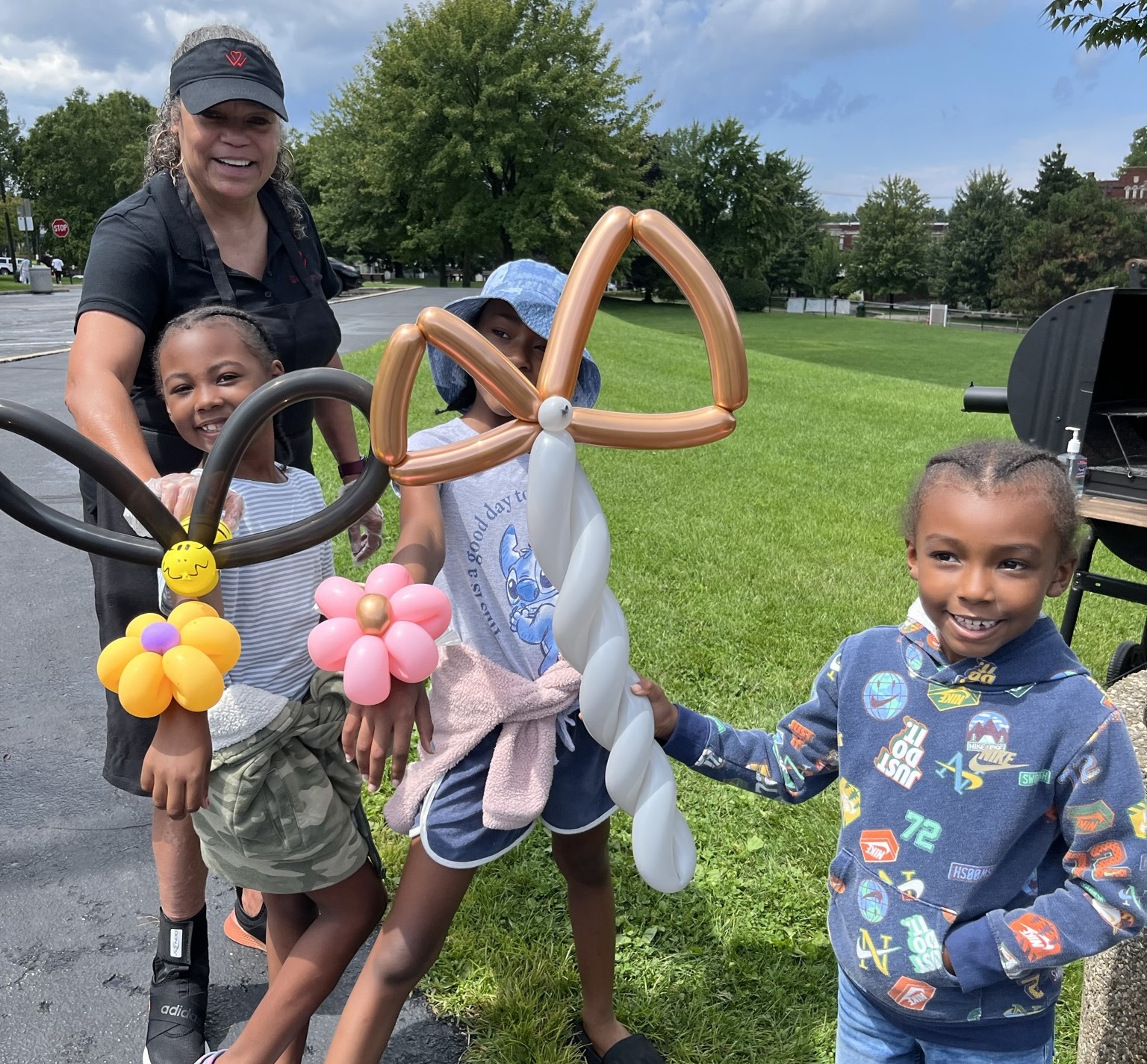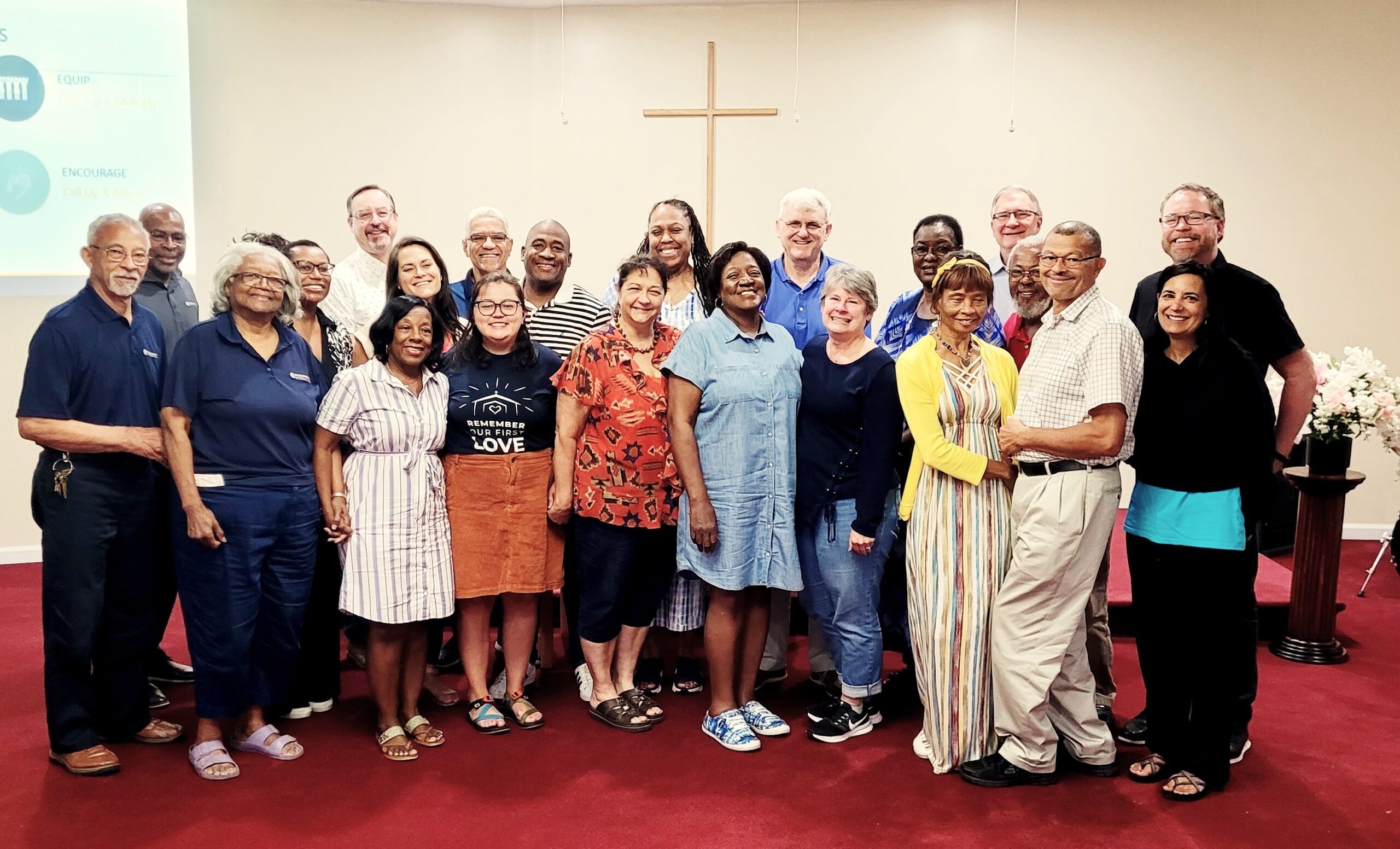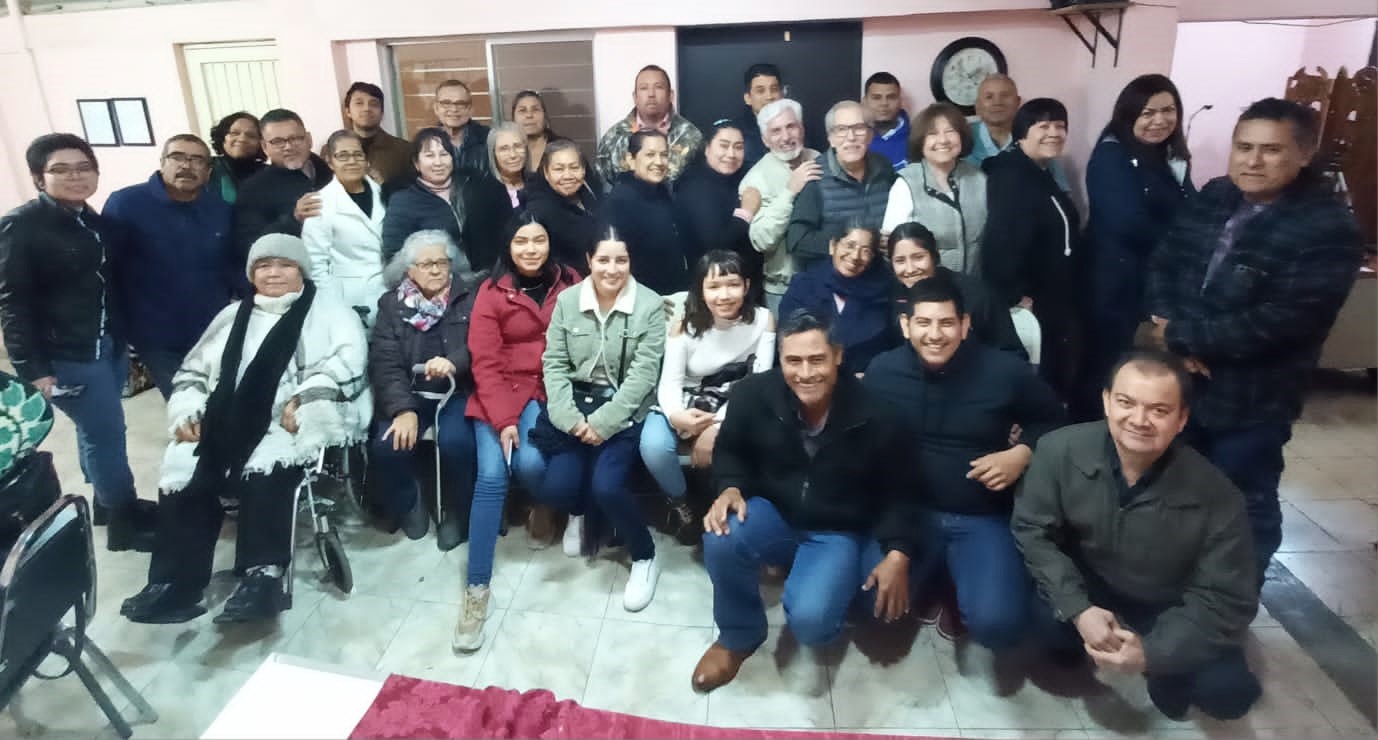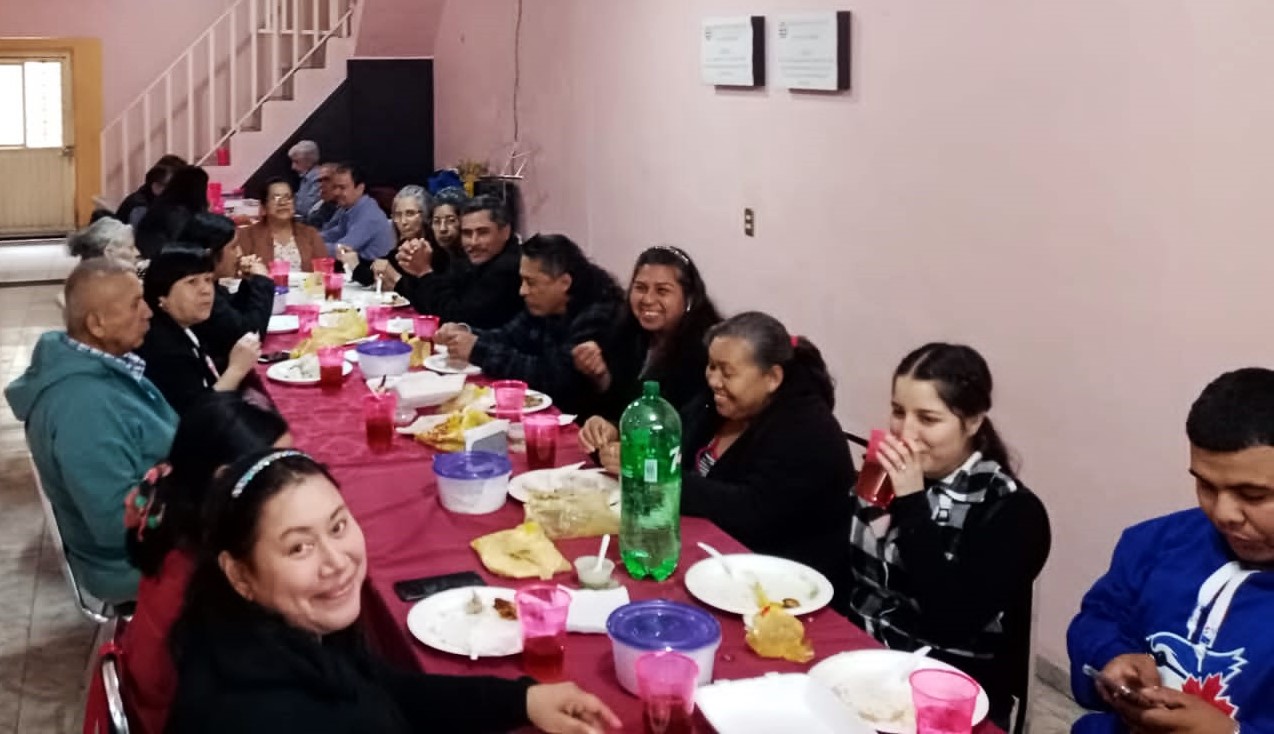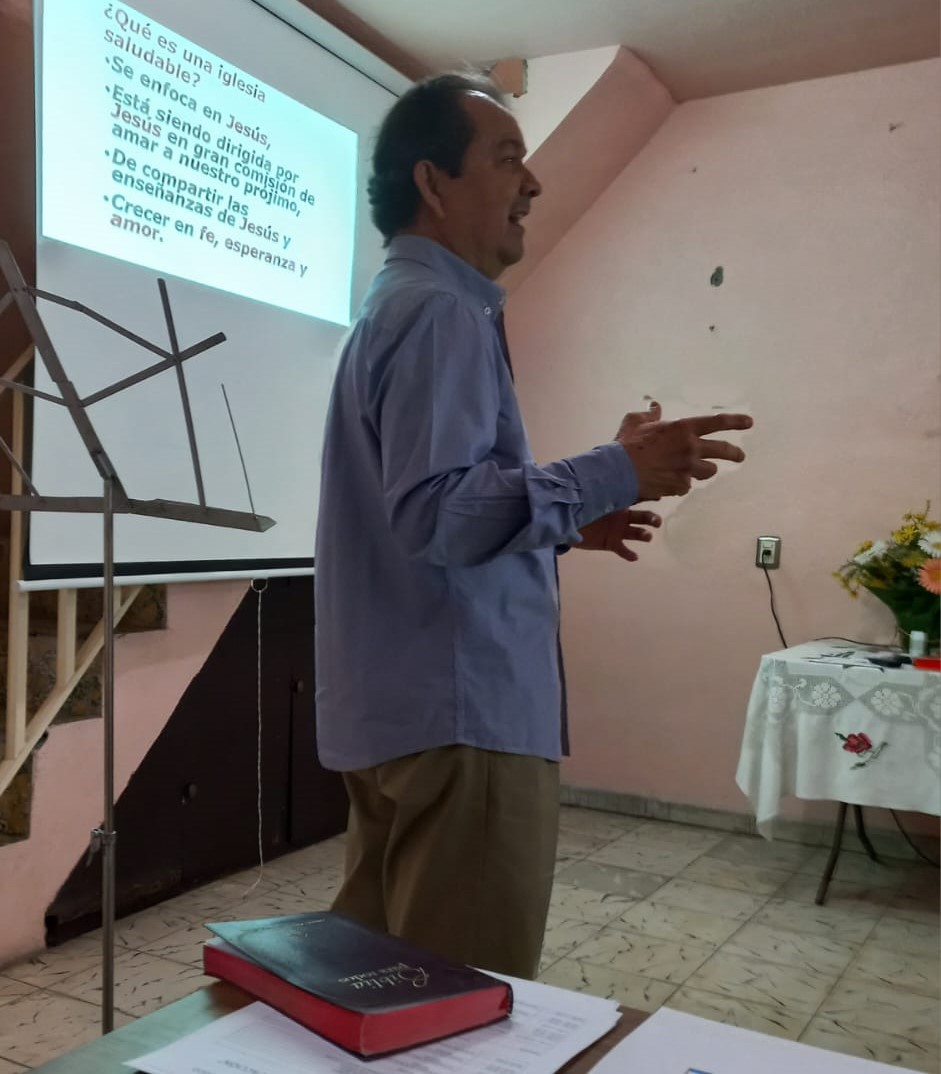GCI Glendora hosted our first Neighborhood Game Night at the church facility on Saturday, August 26, between 6-8 p.m. Our purpose was to have a smaller Love Avenue event that would give everyone involved a fun, casual space to connect with each other. Families were given the option to drop in at any time.
Twenty kids, 12 parents, and 19 church volunteers participated. We offered a variety of drinks, ice cream, and pizzas for refreshments. Church volunteers provided board games, lawn games, and card games for all ages.
 We intentionally planned the game night to be held four weeks after our “Heroes” Neighborhood day camp, which was held on July 29. At the end of the Neighborhood Camp, we handed game night fliers to all the families who participated at the camp. We wanted to connect with these same families again within a month of camp, instead of waiting longer until the next big neighborhood event.
We intentionally planned the game night to be held four weeks after our “Heroes” Neighborhood day camp, which was held on July 29. At the end of the Neighborhood Camp, we handed game night fliers to all the families who participated at the camp. We wanted to connect with these same families again within a month of camp, instead of waiting longer until the next big neighborhood event.
Our desire is to establish and form trusting relationships with the families in our neighborhood to show and share the love of Jesus. We believe that we are blessed to be a blessing in the world and our local contexts, and we look forward to continuing our neighborhood game nights on a regular rhythm in 2024!


